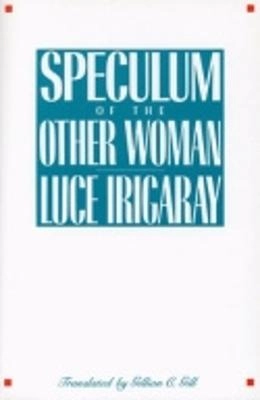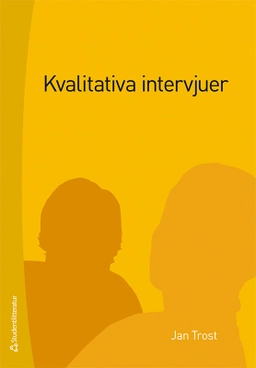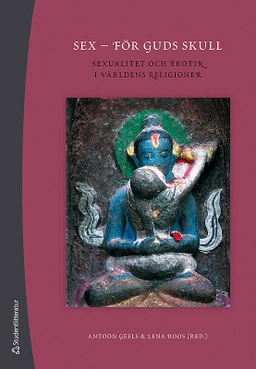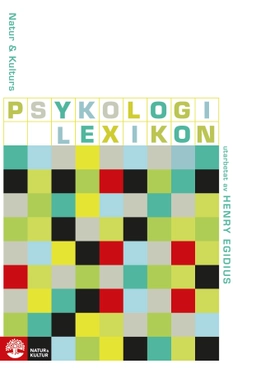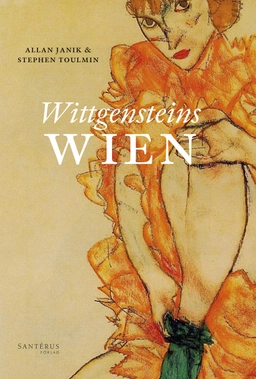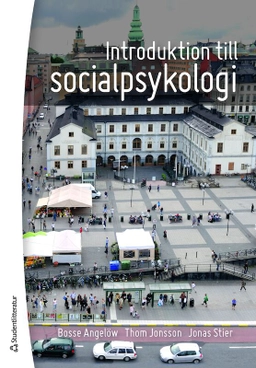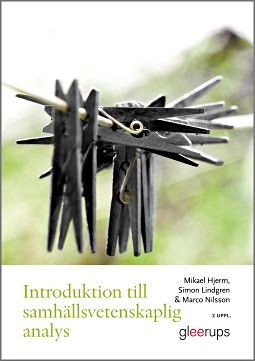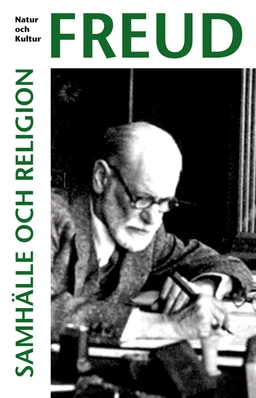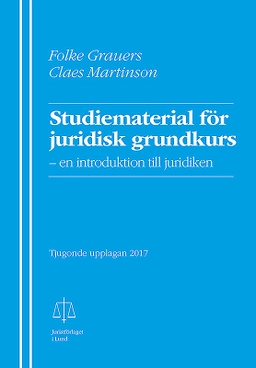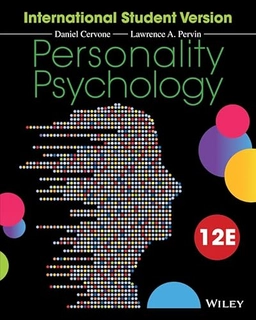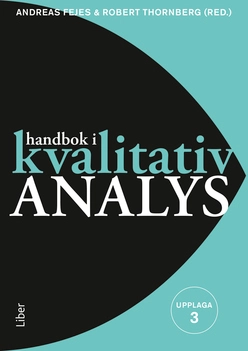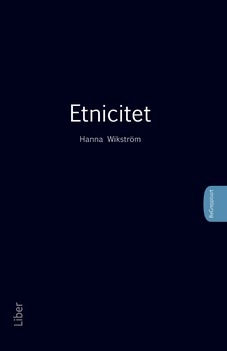Speculum of the Other Woman by Luce Irigaray is incontestably one of the most important works in feminist theory to have been published in this generation. For the profession of psychoanalysis, Irigaray believes, female sexuality has remained a "dark continent," unfathomable and unapproachable; its nature can only be misunderstood by those who continue to regard women in masculine terms. In the first section of the book, "The Blind Spot of an Old Dream of Symmetry," Irigaray rereads Freud's essay "Femininity," and his other writings on women, bringing to the fore the masculine ideology implicit in psychoanalytic theory and in Western discourse in general: woman is defined as a disadvantaged man, a male construct with no status of her own.
In the last section, "Plato's Hystera," Irigaray reinterprets Plato's myth of the cave, of the womb, in an attempt to discover the origins of that ideology, to ascertain precisely the way in which metaphors were fathered that henceforth became vehicles of meaning, to trace how woman came to be excluded from the production of discourse. Between these two sections is "Speculum"—ten meditative, widely ranging, and freely associational essays, each concerned with an aspect of the history of Western philosophy in its relation to woman, in which Irigaray explores woman's essential difference from man.
Åtkomstkoder och digitalt tilläggsmaterial garanteras inte med begagnade böcker
